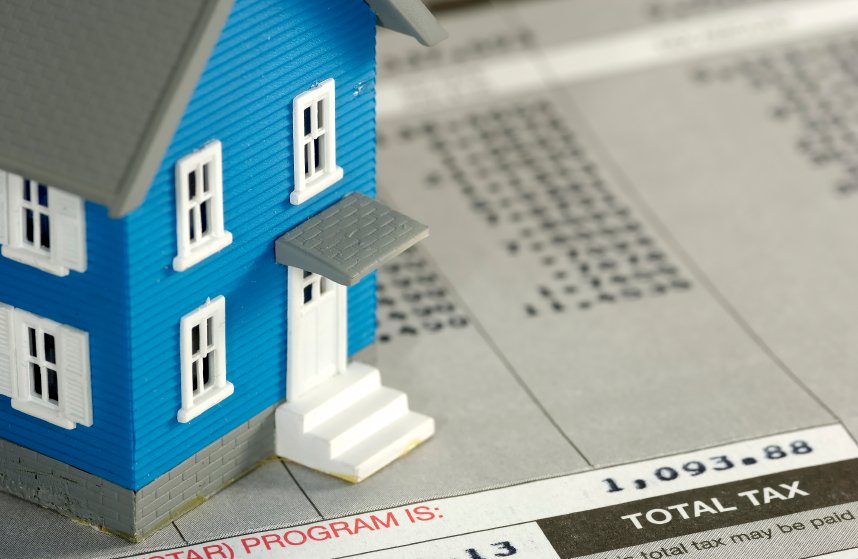How to Contest Your Property Taxes
April 17th, 2014
April 17th, 2014

According to Benjamin Franklin, "In this world nothing can be said to be certain, except death and taxes." On April 15, those individuals who owed income taxes had to mail their payments to the IRS. But that’s not the only taxes you might owe. If you’re a property owner, you also must pay property taxes, in Indiana, are due in May.
A recent study by Zillow showed that on average, property owners pay approximately $2,800, or about 1.4% of their property’s value, annually in taxes. Of course, this average can be higher or lower depending upon where you live in the U.S.
Additionally, the National Taxpayers Union estimates that up to 60% of the properties in the U.S. are assessed too high. Which means you could be paying more in property taxes than you need to. But what can you do if you think this is the case?
Besides paying too much in taxes, homeowners also don’t like to pay too much in interest on their mortgage loan. If you’re looking to refinance your home, contact the mortgage specialists at Grandview Lending. We’ll work with you to find the right loan for your needs.
Photo credit: iStockphoto
























































































We provide our clients with exceptional service and integrity which has become our hallmark.